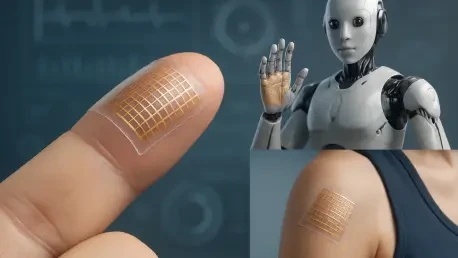
The ambitious goal of creating electronics that can perceive the physical world with the same nuance as human skin has long been hindered by the cumbersome nature of conventional sensor technology. For devices to truly interact with their environment, they must simultaneously detect multiple

The intricate challenge of enabling autonomous robots to navigate through unknown and dynamic environments has long been a significant barrier to their widespread adoption. Traditional methods have relied on a slow, sequential process where a robot meticulously constructs a detailed, often

The global proliferation of artificial intelligence has unveiled a critical, yet often overlooked, chasm in its capabilities: a profound bias toward the English language that limits its true potential in a linguistically diverse world. As large language models (LLMs) become increasingly integrated

The split-second decision-making required for autonomous vehicles and intelligent robots to navigate complex, unpredictable environments demands artificial intelligence that operates with near-zero latency, a challenge that cloud-based processing has consistently failed to overcome. The critical

In Las Vegas, a new kind of combat is emerging, where human-piloted robots fight not with saws and hammers, but with fists and kicks. This is the world of humanoid robot fighting, a field that blends athletic competition with advanced robotics. We spoke with technology expert Oscar Vail to

In a Las Vegas ballroom, where technological ambitions are often showcased but seldom realized with such tangible presence, the first public demonstration of Boston Dynamics' Atlas robot offered a compelling and unusually grounded glimpse into the future of industrial automation. The debut at CES